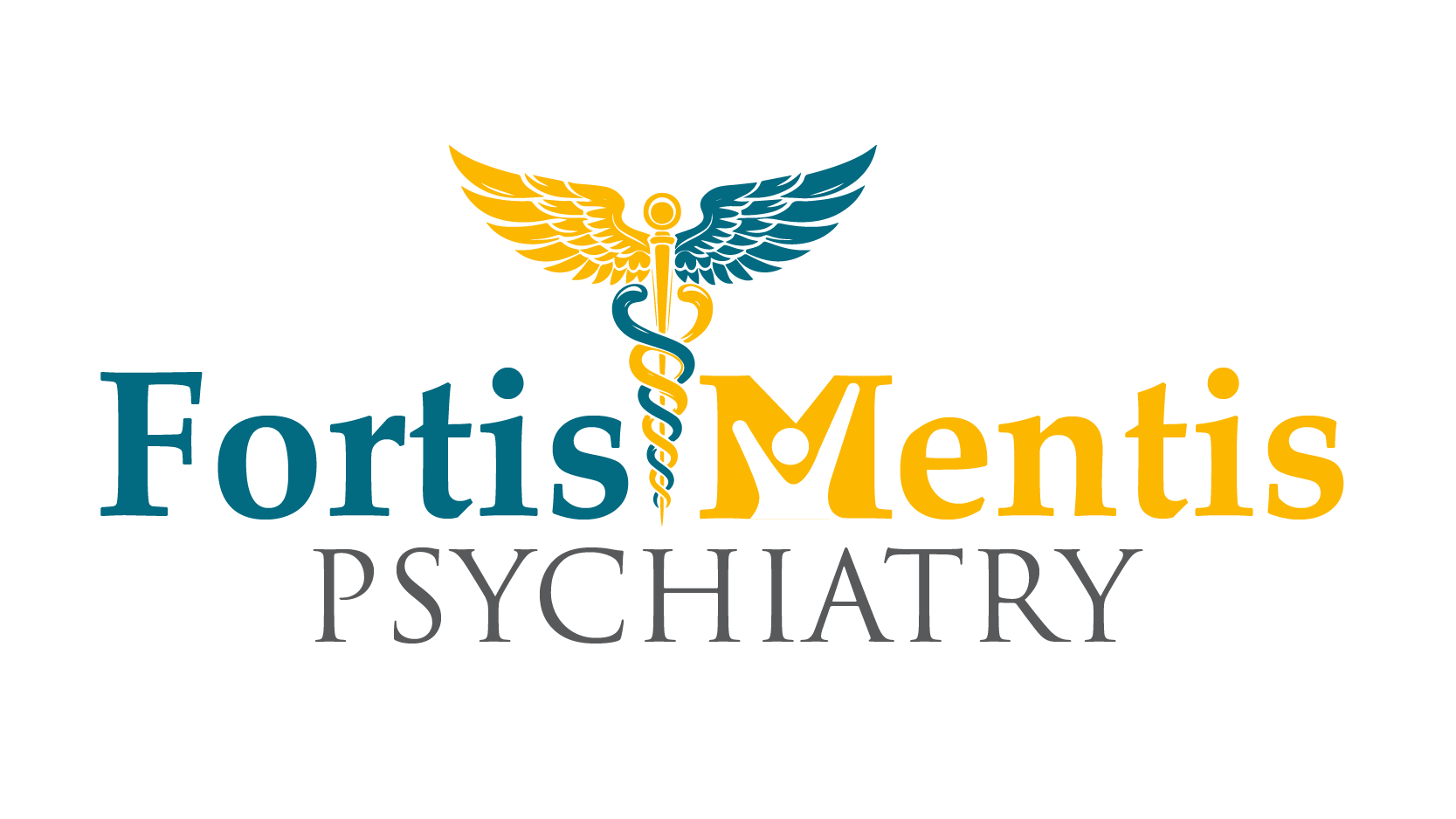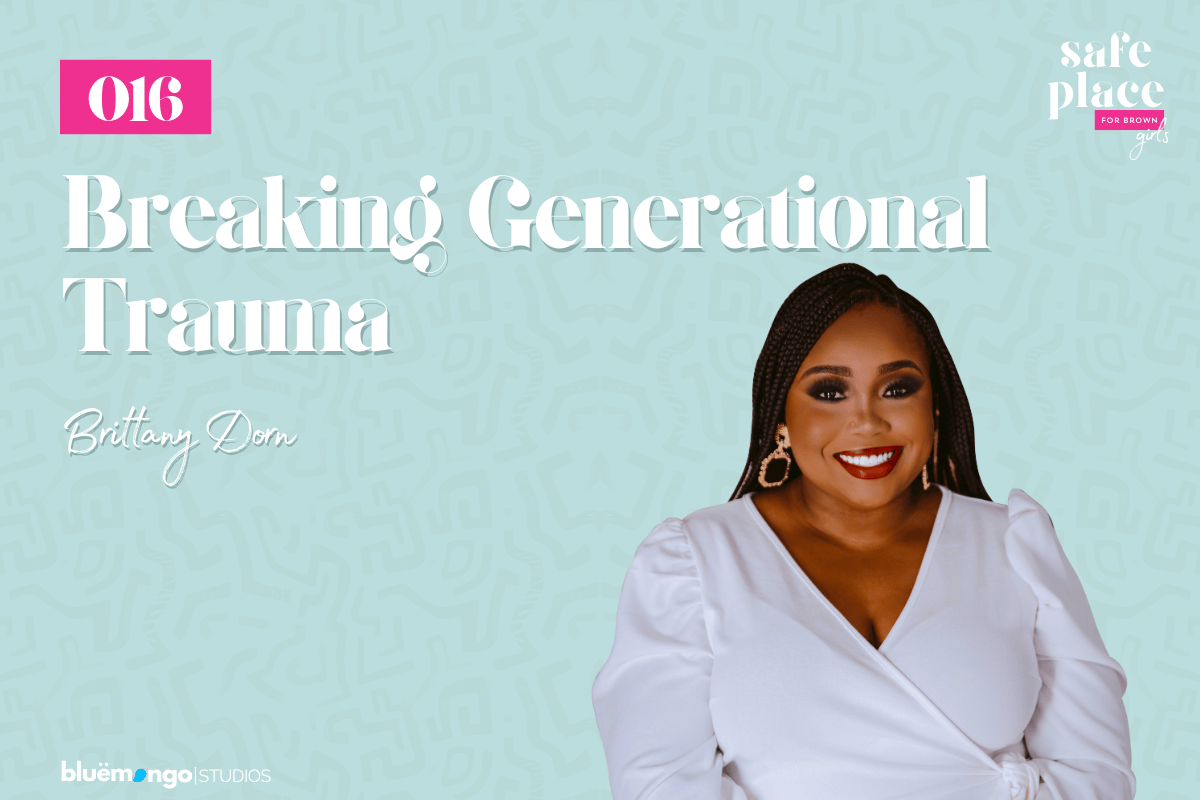Have you ever wondered why you respond to conflict the same way your parents or grandparents did?
Or maybe you’ve noticed that your communication style doesn’t seem to align with the life you want.
This isn’t just a habit; it’s a common behavioral pattern with roots in something deeper: generational trauma.
I sit down and chat with a licensed clinical social worker, Brittany Dorn, in episode 16 of the podcast.
This blog post gives you details of the episode and explores what generational trauma is and how to begin the powerful work of healing.
The Unspoken Rules of Trauma
For Brittany, understanding this topic began with her own journey. Growing up in South Carolina, she was surrounded by a beautiful blend of community and tradition.
However, it also taught her the dark side of being silent to be seen as strong during tough times.
She saw a lot of resilience in her family as they struggled with money, relationships, and stability, but this “resilience and resourcefulness” passed down a silent, hidden trauma.
Brittany defines trauma as any wound that changes how you see yourself, others, or the world.
When these wounds are inherited, that’s generational trauma—a collection of unspoken rules, habits, and emotions passed down from one generation to the next.
Her examples include being taught to “push through no matter what” or to keep certain things secret from outsiders. This can also manifest in how you handle money or respond to conflict.
Ultimately, she shares how these are patterns based on what you observed, not on intentional decisions.
Three Steps to Heal Generational Trauma
Brittany believes that if you don’t face your trauma, you will repeat it. She often sees her clients repeatedly experiencing the same relationship struggles, parenting styles, and struggles with self-worth.
The good news is, you can take steps to break these cycles. Brittany shares her three steps in healing generational trauma:
- Notice the patterns: The first step is to get honest about what’s going on. Start by identifying the unhelpful patterns or coping strategies that don’t align with the life you want. This requires a deep, introspective look at your behaviors.
- Set and practice boundaries: While boundaries can feel overdone, they are essential. It’s not just about setting boundaries with others; it’s also about setting them for your own empowerment by deciding “what you will and won’t carry forward”.
- Be consistent: Change is not a one-time fix. It requires consistency. It’s normal to feel resistance or even fall back into old habits, but the key is to stay consistent. Give yourself grace and be mindful of your choices.
If you find this work difficult to do alone, Brittany highly recommends seeking a safe place to open up, such as through formal therapy or a supportive community.
She explains that therapy can help you identify blind spots and give you the tools you need to live out the changes you want to make.
The Ripple Effect of Ending Generational Trauma
Brittany shares a powerful piece of wisdom:
“If you don’t address it, it just doesn’t disappear; it will find another way to show up”.
The most impactful part of the healing journey is the result. When you commit to the work, you “stop the pattern in its tracks”.
This shift is truly powerful because it changes everything moving forward. Your personal healing then becomes a ripple effect that can positively influence the next generation.
Embrace Your Imperfection
Healing is a continuous journey that isn’t about achieving perfection. Brittany emphasizes that when you commit to breaking generational cycles, it’s okay to fall back into old habits.
The key is to give yourself grace and appreciate the progress you have made.
Please don’t ever be afraid to reach out to me; I’m here to help you the best way I can. It’s a part of the reason why I created this podcast: to be a safe place for you.
And so does Brittany. You can reach out to her and learn more about her by visiting her private practice, The Maternal Healing Haven, or finding her on Instagram.

